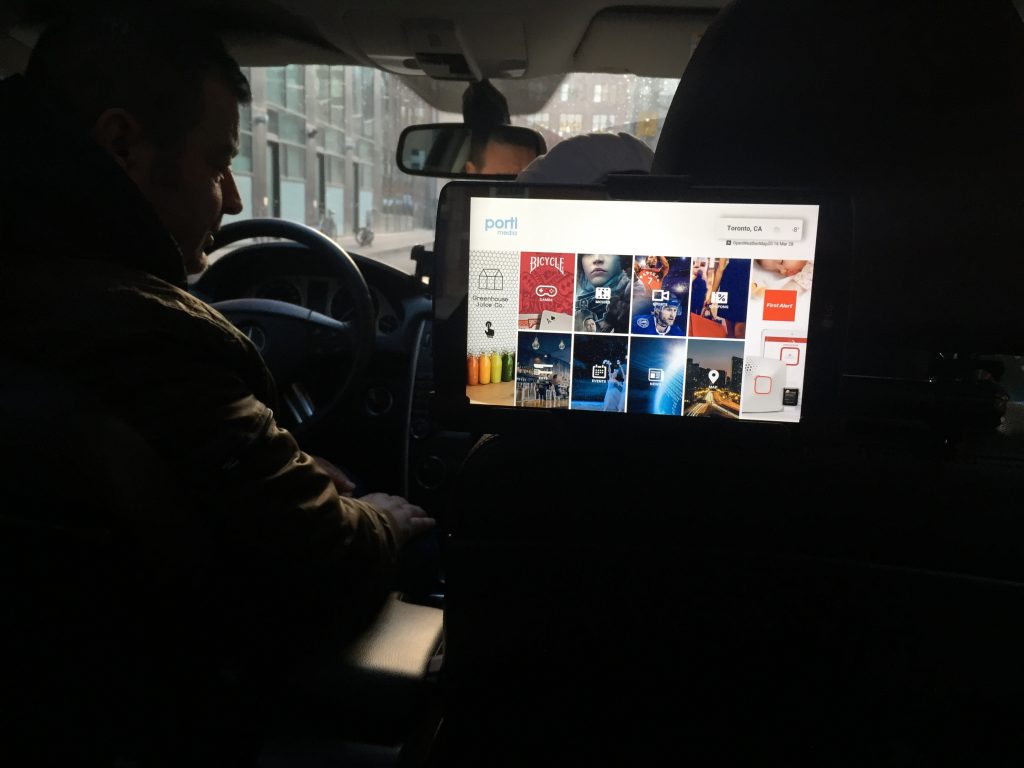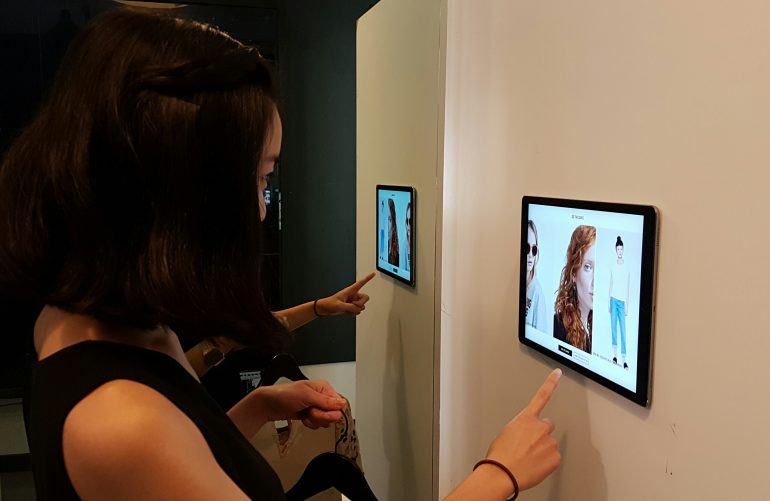As we prepare for 2018, e-commerce is thriving and a sharp group of “traditional retailers” who have been steadily enhancing their technology skills and capabilities over the past several years seem poised to push back against the retail apocalypse.
It was a year where artificial intelligence and machine learning and augmented reality became the buzz words that highlighted retailer press releases and retail conferences. We also saw the pilot projects that will eventually unlock exciting new scalable possibilities.
As we prepare for 2018 at Kinetic Commerce and Tenzing (two Canadian companies doing business globally in the e-commerce and in-store technology spaces) here are a few other areas of intrigue and opportunity we are watching closely with our teams:
Talk retail to me: The impact of voice on SEO in 2018
If 2017 was the year of AI in retail — with the constant stream of press releases about bots that promise better online/mobile customer service, or AI stylists that will help you pick a better pair of jeans — then 2018 should be the year where voice changes retail search forever with the rise of Amazon Echo and Google Home.
But we also see a year filled with retailers scrambling to catch up to consumers increasingly looking to virtual assistants and voice commands while shopping online and in-store. Spoken keywords are key. Local companies like the startup Voice-X Labs will be in high demand in 2018. Voice search will be closely followed by a steady rise in photo search in 2018.
Retailers, these are two areas you need to read up on, fast!
Arming the associates Part I: Physical retail’s secret weapon
We see 2018 as the tipping point for a widespread roll-out of ‘associate technology’ — powered by a recognition that store staff are the key to unlocking the best parts of personalized physical retail experiences.
It’s taken four-plus years just to get Canadian retailers warmed up to the idea of associates carrying tablets and using their phones to service customers.
The early adopters in the Canadian market such as The Aldo Group and Frank & Oak have led the way with strong, proven case studies.
And these days, every retailer we meet wants to “be like an Apple store” — where the digital and physical worlds merge seamlessly together.
Advance appointment scheduling and product reservations, VIP mobile concierge and clienteling services, and instantaneous access to on-site inventory and mobile POS are all ready to go mainstream in 2018.
Another associate secret weapon we see achieving larger adoption in 2018 is the connected changeroom. While the “digital mirror” of 2016 and 2017 was an idea that was cool in concept, it failed to truly scale out with retailers. It did, however, also plant the seeds for a much more practical connected changeroom. We see increasing adoption for this technology in 2018, allowing customers to stay in touch with associates on the sales floor and request additional sizes and outfits.
Arming the associates Part II: mobile POS
One area where we see leading retailers investing deeply in 2018 is mobile POS. Engaging consumers with advanced in-store experiences, only to put them “back in line” will be a huge disconnect with consumers — one that needs to be addressed fast if physical retail is to effectively fight back against the apocalypse.

But can Canadian retailers meet the demand for this check-out anywhere experience that fits so perfectly with the “make your store more like the web” demand from the next generation of consumers? The technology is ready and battle-tested with groups such as Moneris. It’s time to pick up the pace here in Canada!
The best of the best retailers are also pressing forward to allow consumers to check out in-store with their own phones – another trend we see accelerating with more and more pilots announced in 2018.
Facial recognition in retail creeps closer to reality
We see face recognition technology taking another step forward in 2018 – not into mainstream adoption, but with enough pilots and technologies available to start really testing some interesting scenarios.
Will mall corporations as a whole move fast enough to bring true change?
Recognizing the profile of a person (or group of people) standing in specific areas of the store and then dynamically serving digital signage content targeted to them will pop up in case studies in 2018, and soon enough we’ll have technology companies selling “associate smart glasses” that recognize individual customers.
But we note that it’s taken four-plus years just to get Canadian retailers warmed up to the idea of associates carrying tablets and using their phones to service customers.
Malls begin their transformation (but will they move fast enough?)
Recently, Erin Mills Town Centre in Mississauga introduced what’s believed to be Canada’s first mall to include a co-working space. This signals a first tangible example of the transformation of malls to become “more than shopping.”
In 2017 we saw countless “future of” reports detailing how malls would start to transform their offerings to consumers. 2018 will be a year of pilots and “first-ever” examples in Canada (including more and more pop-up formats) — but will mall corporations as a whole move fast enough to bring true change?
Pop-ups everywhere – where to pop next?
There was a time when pop-ups were the realm of the pure play e-commerce companies who wanted to bring their brand to the physical world, but not in 2017. Everyone was announcing pop-up stores in 2017. Even retailers such as the LCBO (with a huge inventory of physical retail) launched successful speciality pop-ups last year.
One local group to watch in 2018 is Portl Media and its approach to bringing geo-locational commerce to ride-share-vehicles.
What key trends are you watching in 2018 and are you investing in as retailers and retail-tech companies? Is augmented reality going to be the big winner? Or will it be a breakthrough in how we measure sizes and fit remotely for both physical stores and e-commerce? Post a comment and tell us what you’re thinking! We’d love to hear your thoughts as well.
About the authors

Chris Carder is Chief Commercialization Officer and co-founder of Kinetic Commerce – a leading retail design and technology firm with offices in Toronto and New York City.

Greg Wong is Chief Revenue Officer at Tenzing – a Managed Services and Solution Provider that designs, deploys, optimizes and manages environments for leading Commerce applications.


